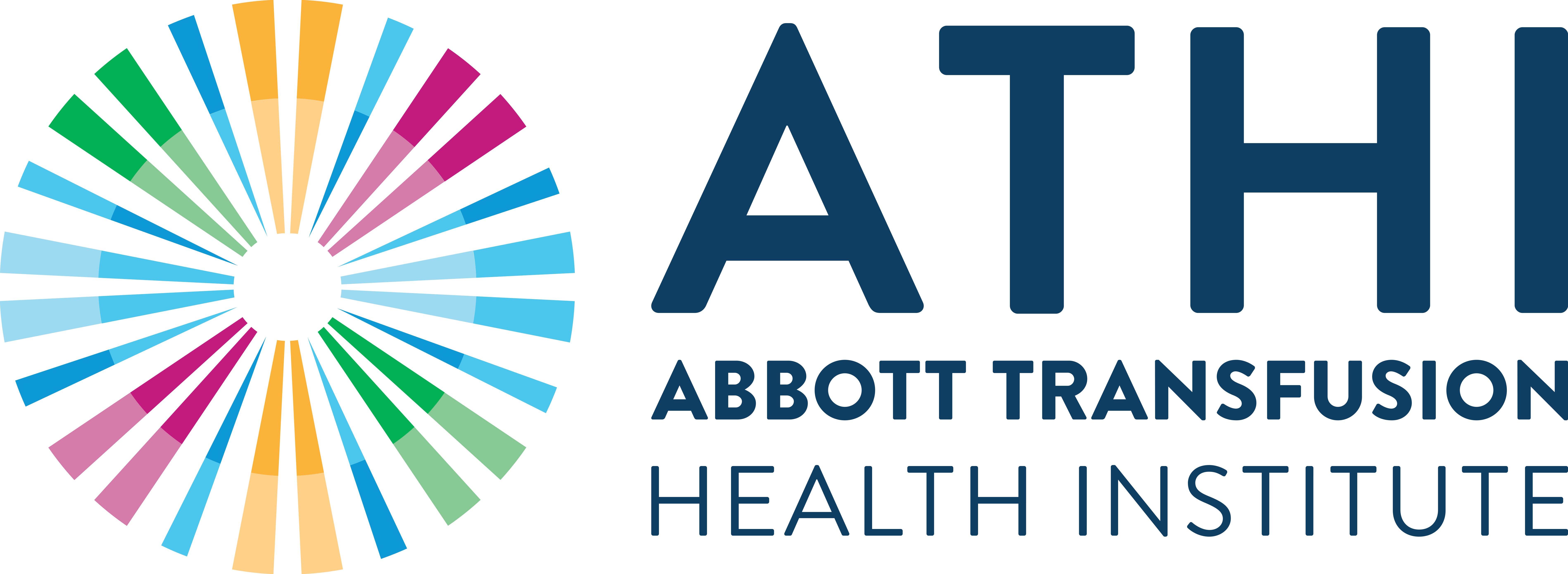In this lecture, Professor Mike Murphy will share the Oxford experience with implementing electronic systems to support blood inventory management and transfusion practice. He will discuss the need for these improvements and describe the use of information technology at Oxford. Professor Murphy concludes with a discussion of other opportunities to implement information technology in transfusion medicine practice.
CONTINUING EDUCATION UNITS: 0.5 hours



